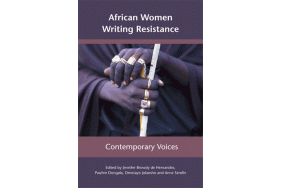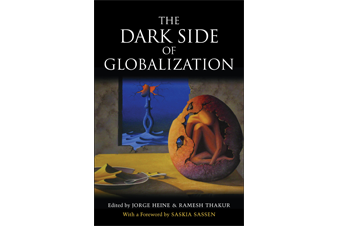GENEVA (26 May 2011) – At the conclusion of his official follow-up visit to Tunisia from 22 to 26 May the United Nations Special Rapporteur on human rights and counter-terrorism, Martin Scheinin, gave the following statement:
“I would like to extend my gratitude to the Transitional Government (…)


